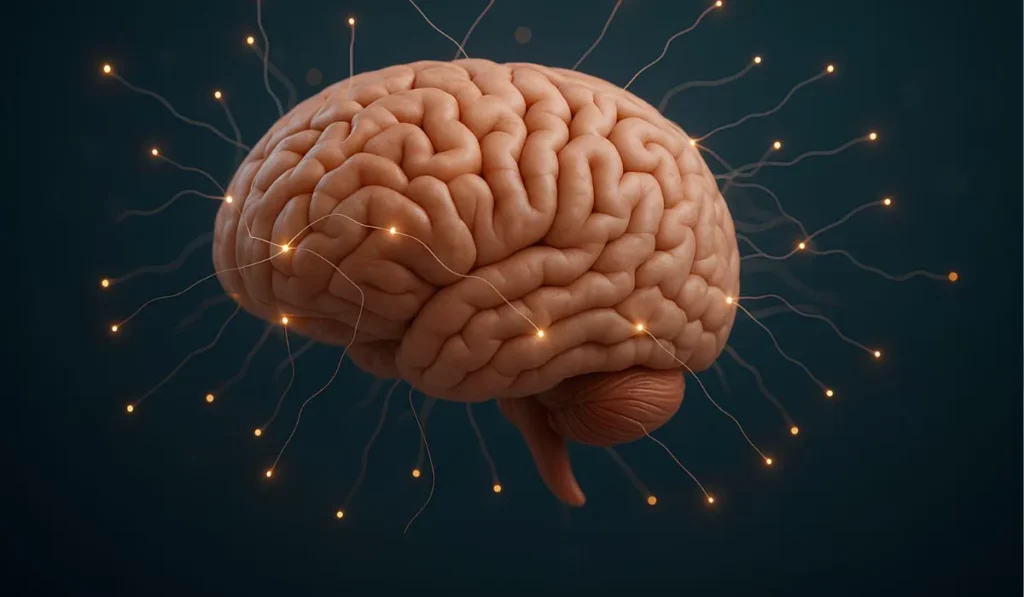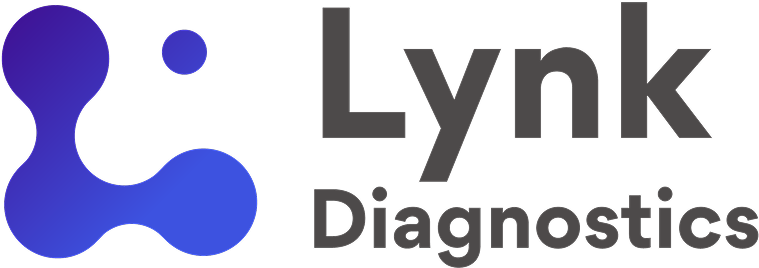What Is Tianeptine?
Tianeptine is a medication that was first used as an antidepressant in some parts of the world. Some people call it a tricyclic antidepressant, but it acts differently than most. Tianeptine affects chemicals in your brain like serotonin, dopamine, and glutamate. It works on your central nervous system to change how you feel, think, and react to stress.
Some people use it as a therapy for major depressive disorder, anxiety, or pain. But others misuse it to feel euphoria, which can be risky. The Food and Drug Administration (FDA) has warned people that tianeptine is not approved in the United States and may cause death, addiction, and serious side effects.

How Tianeptine Works in the Brain
Tianeptine has a special mechanism of action. Unlike other selective serotonin reuptake inhibitors (SSRIs) like fluoxetine or paroxetine, tianeptine doesn’t increase serotonin. Instead, it may boost serotonin reuptake. That means it helps remove serotonin from the synapse, or space between brain cells.
Tianeptine also binds to the opioid receptor—mainly the mu-opioid receptor, just like morphine, oxycodone, or fentanyl. This is why it can act like an analgesic (pain reliever) and why some people use it for opioid withdrawal or opioid use disorder.
Why Do People Take Tianeptine?
Some people take tianeptine for:
- Depression or dysthymia
- Anxiety or panic disorder
- Sleep problems or fatigue
- To feel relaxed or to avoid drug withdrawal
- To help with attention deficit hyperactivity disorder (ADHD)
But doctors do not recommend it in the U.S. because of safety risks and lack of approval from the FDA or Drug Enforcement Administration (DEA).
Dangers and Side Effects of Tianeptine
Tianeptine is not a safe dietary supplement. Some people think it is a safe medicine, but it can cause many problems, such as:
- Vomiting, constipation, or diarrhea
- Tachycardia (fast heartbeat) and hypertension (high blood pressure)
- Liver problems or hepatotoxicity
- Euphoria, which may lead to abuse
- Death in high doses or mixed with alcohol, benzodiazepine, or other drugs
The Centers for Disease Control and Prevention (CDC) and Morbidity and Mortality Weekly Report have shared warnings about tianeptine toxicity, poison, and fatal overdose.
Tianeptine Withdrawal Symptoms
If someone uses tianeptine for a long time, they might get sick when they stop. This is called tianeptine withdrawal. Some symptoms include:
- Shaking and sweating
- Headache and nausea
- Sadness or feeling angry
- Insomnia or trouble sleeping
- Body pain or muscle cramps
People often compare withdrawal to quitting methadone, buprenorphine, or tramadol. It affects the same opioid receptors, so withdrawal is tough.
Tianeptine and the Opioid Crisis
Even though tianeptine is not sold as a normal prescription, some people buy it online or in gas stations as a “supplement.” Because it affects the mu-opioid receptor, it may worsen the opioid crisis if misused.
People with opioid use disorder may try tianeptine instead of suboxone, naltrexone, or naloxone, which are safer and approved. This puts patients at greater risk of addiction, overdose, or death.

How the Body Processes Tianeptine
Tianeptine goes through the gastrointestinal tract, and the body absorbs it well through oral administration. It has high bioavailability, which means it works fast. Its metabolism happens mostly in the liver using cytochrome p450 enzymes. It also affects:
- Fatty acid metabolism and beta oxidation
- Pharmacokinetics like absorption, clearance, and plasma protein binding
- Changes in metabolite levels in urine and blood
Doctors may study these effects using chromatography, tandem mass spectrometry, or mass spectrometry.
What Science Says About Tianeptine
Tianeptine is studied in neuroscience, psychopharmacology, and neuropharmacology. Many studies in PubMed show its action on:
- Glutamate receptor and NMDA receptor
- Neuroplasticity and synaptic plasticity
- Areas like the hippocampus, amygdala, and nucleus accumbens
- How it affects memory, cognition, and mood
Some scientists also look at protein kinase, g protein, and signal transduction to understand how tianeptine changes brain function. Histone deacetylase inhibitors and gene expression are also being researched.
Tianeptine in Animals
Tianeptine is tested in animals like rat, mouse, and other rodent models. These studies look at how tianeptine changes behavior, brain chemicals, and neurotransmitter receptors like:
- Serotonin transporter
- Dopamine receptor
- Adenosine A1 receptor
- Cannabinoid and monoamine neurotransmitter systems
These findings help us learn more about drug discovery and possible future uses of tianeptine.
Is Tianeptine Legal?
In the U.S., tianeptine is not an approved controlled substance, but some states have made it illegal. The Drug Enforcement Administration (DEA) is reviewing it, and health experts warn against using it.
Buying tianeptine online is risky. It may come in tablet, liquid, or powder form, but you never know how much dose or molar mass it contains. Fake products or bad derivative versions may increase toxicity.
Safer Alternatives for Mental Health
Instead of using tianeptine, people with depression, anxiety, or addiction can try:
- Therapy like cognitive behavioral therapy (CBT)
- Approved antidepressants like bupropion, trazodone, mirtazapine, or amitriptyline
- New treatments like esketamine or ketamine (under doctor care)
- Help from a psychiatry provider
These options are safer and approved by doctors. Using tianeptine without medical help is not safe.

FAQs About Tianeptine
What is tianeptine used for?
Tianeptine was first made to treat depression, anxiety, and pain. It works on the brain’s opioid receptors and affects chemicals like serotonin and dopamine.
Is tianeptine safe?
No. The FDA warns that tianeptine is not approved in the U.S. It may cause serious side effects like addiction, withdrawal, and even death.
Can tianeptine help with opioid withdrawal?
Some people use it that way, but it’s not safe or approved. It may lead to opioid use disorder or overdose. Safer options like methadone or buprenorphine are better.
Is tianeptine the same as an antidepressant?
Tianeptine is sometimes called a tricyclic antidepressant, but it works differently. It doesn’t act like a regular serotonin reuptake inhibitor such as fluoxetine or paroxetine.
How does tianeptine affect the brain?
Tianeptine changes neurotransmission and works on opioid receptors, glutamate, and serotonin. It affects brain parts like the hippocampus and amygdala and can impact memory, mood, and neuroplasticity.
Tianeptine may seem helpful at first, but it comes with high risks. If you’re dealing with depression, stress, or addiction, talk to a doctor. There are safe medicines, therapy, and new research-based treatments that can help. Never try drugs like tianeptine without guidance. Your health and life matter most.
Contact us today for more information.








